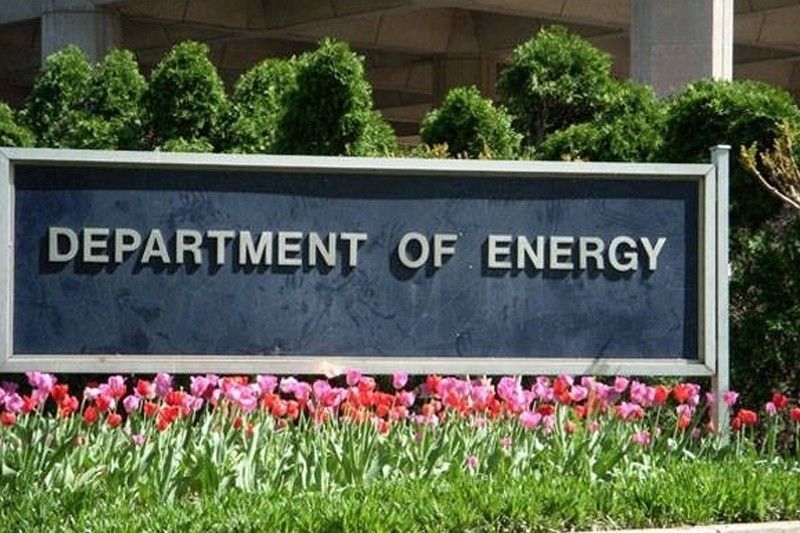TC urged to expand tax perks to two- and three-wheeled EVs

MANILA, Philippines — A citizen advocacy group has called on the Tariff Commission to act with urgency on the Department of Energy’s recommendation to include two-and three-wheeled units in an executive order providing incentives to the importation of electric vehicles (EVs).
CitizenWatch Philippines co-convenor, former congressman Christopher Belmonte, said while the EO covering four-wheeled EVs is already commendable, its reach has to expand to other more affordable vehicles to maximize the full impact of introducing green transport options to the Filipino public.
“This will certainly accelerate the shift away from air-polluting vehicles and provide an even better mobility experience to the people,” he said.
Still, EVs, being a new technology not yet mainstream, may come at prices beyond the purchasing power of ordinary Filipinos even if they shift to environment-friendly commuting.
“Most importantly, the soaring price of fuel has made many Filipinos suffer,” Belmonte said.
“The government has to do its part by enabling its citizens to make this shift, by making it easier for them to own electric vehicles.”
EO 12, signed by President Marcos on Jan. 13, 2023, invokes Republic Act 11697 or the Electric Vehicle Industry Development Act that provides an enabling environment to allow the development EVs, including options for micro-mobility as an attractive and feasible mode of transportation.
The transportation sector contributes 34 percent to air pollution and energy-related greenhouse gas emissions. Road transportation accounts for 80 percent of those emissions.
Thus, “to protect the health and well-being of the people from the hazards of pollution and greenhouse gases,” the EO temporarily modifies the import duty on EVs and their parts and components.
Specifically, the EO lists vehicles that qualify for the temporary suspension of tariff rates for a period of five years. But while tariffs on four-wheeled EVs are suspended, those for two- or three-wheeled EVs are not.
The DOE has in fact submitted its recommendation to the Tariff Commission for the inclusion of two- and three-wheeled vehicles in the EO. But there has not yet been any action on the recommendation.
The DOE’s energy utilization management bureau director, Patrick Aquino, said they are confident that the TC will consider their proposal, as it is also being pushed by the National Economic and Development Authority (NEDA) and the Department of Trade and Industry (DTI).
The DOE earlier said it is pushing for a faster rollout of EVs in the Philippines to help reduce dependence on imported and expensive fossil fuels.
They are looking at rolling out over 2.43 million EVs that would significantly cut down carbon emissions and bolster investments. This would then create a new EV industry by 2028.
Belmonte said the impetus for a shift to clean energy has been there for many years and the soaring price of oil makes EV the sensible alternative for serving the mobility needs of millions of daily commuters.
“The clamor for accessible transport options powered by green technology is aligned to the people’s need to get to their daily destinations in a less expensive and environment friendly way,” Belmonte said.
“Delaying the inclusion of e-bikes in the five-year zero import tariff incentive of EO 12 is a policy disconnect from the government’s commitments to reduce carbon emissions. The opportunity to develop an electric vehicle industry as a new economic driver will not happen if our policies are half-hearted.”
- Latest
- Trending




























